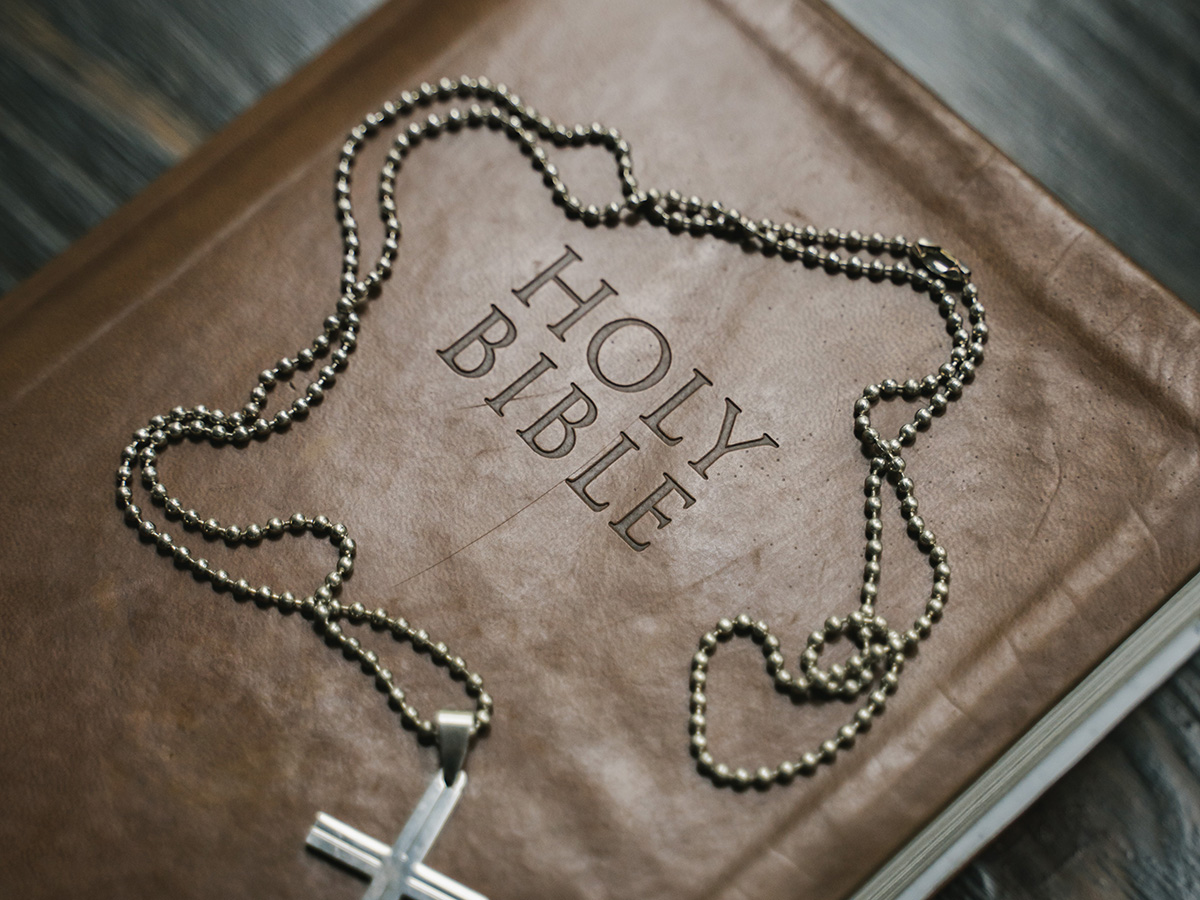
President Biden’s recent visit with the Pope and protests over Biden’s participation in the sacrament of the Eucharist have brought religion, specifically its intersection with political action, to the forefront of public debate. President Biden is the second Roman Catholic U.S. president, a fact that has brought on concerns about Biden’s fitness as a president and as a Catholic. It’s the Biden administration’s support of a woman’s right to choose despite the church’s deeply opposing view on abortion that has prompted a debate over how religion drives politics. Religion can guide personal decisions, but policy that affects the larger population should not be solely determined by the values of any single religion. Religious values should have no place in lawmaking, and it is immoral to demand that other people live by restrictive religious beliefs that belong to those of their government leaders.
Concerns about Biden’s religious background were brought up during his campaign for president. It was the position of his campaign that Biden’s political actions were often deeply rooted in the influence of his religious upbringing. Biden was raised in an Irish Catholic community and frequently makes references based on his religious education.
It is only natural that religion would become a more prominent issue with a president whose religion is a part of his public identity. Biden’s religious beliefs appear to inform and inspire, but not dictate his political actions.
In September, Biden was visited by religious leaders in support of the Child Tax Credit, reminding the country of the values of Catholicism they don’t often hear about: charity and generosity. Comparably, Biden has also been criticized by some U.S. conservatives due to his stance on abortion and his reversal of support for the Hyde Amendment. However, Catholics themselves have been divided on the issue of abortion, as well as contraception, despite the church’s position. In fact, 67% of U.S. Catholic adults do not believe Biden should be barred from receiving communion. More than three-quarters, 76%, of Catholics disagree with the church on the issue of contraception. Individuals are free to disagree with their church on any number of issues. It appears that the majority of U.S. Catholics do not strictly adhere to the positions set by their church, even if they remain loyal to their faith as a whole. Biden is no exception. There is no foolproof way to separate Biden’s religion from his political action; they are inextricably intertwined. It is becoming clear that finding an equilibrium between too religious and not religious enough will be a consistent struggle throughout Biden’s presidency.
On a whole, Americans on both sides of the aisle are coming to the conclusion that the influence of religion in the country is decreasing. Although Americans don’t have negative attitudes toward religion in general, 63% of American adults believe religion should be kept out of politics.
Additionally, a 2019 Gallup poll shows that church membership has recently declined as well as religious affiliation. This all indicates that the importance of religion in American politics is becoming more limited and that society is becoming more secular. However, 52% of American adults assert that it is at least somewhat important for a president to have strong religious beliefs.
America’s own constitution strongly prohibits the enforcement of any national religion. In direct conflict with those ideals, the vestiges of religion can be found within government, such as the motto on U.S. currency, “In God We Trust,” and the use of a bible for a swearing in ceremony. Religion may become a less prominent fixture in American politics, but it is too deeply ingrained to be fully divulged.
Since religion, specifically Catholicism and Christianity, is a noticeable feature in politics, politicians cannot focus on restrictive measures. No person is going to be perfectly content living by religious standards just as no strongly religious individual would be living by entirely secular standards. It is allowing these confining values to dominate any political conversation that is, ironically, dangerous to the concept of religious freedom and the separation of church and state.







